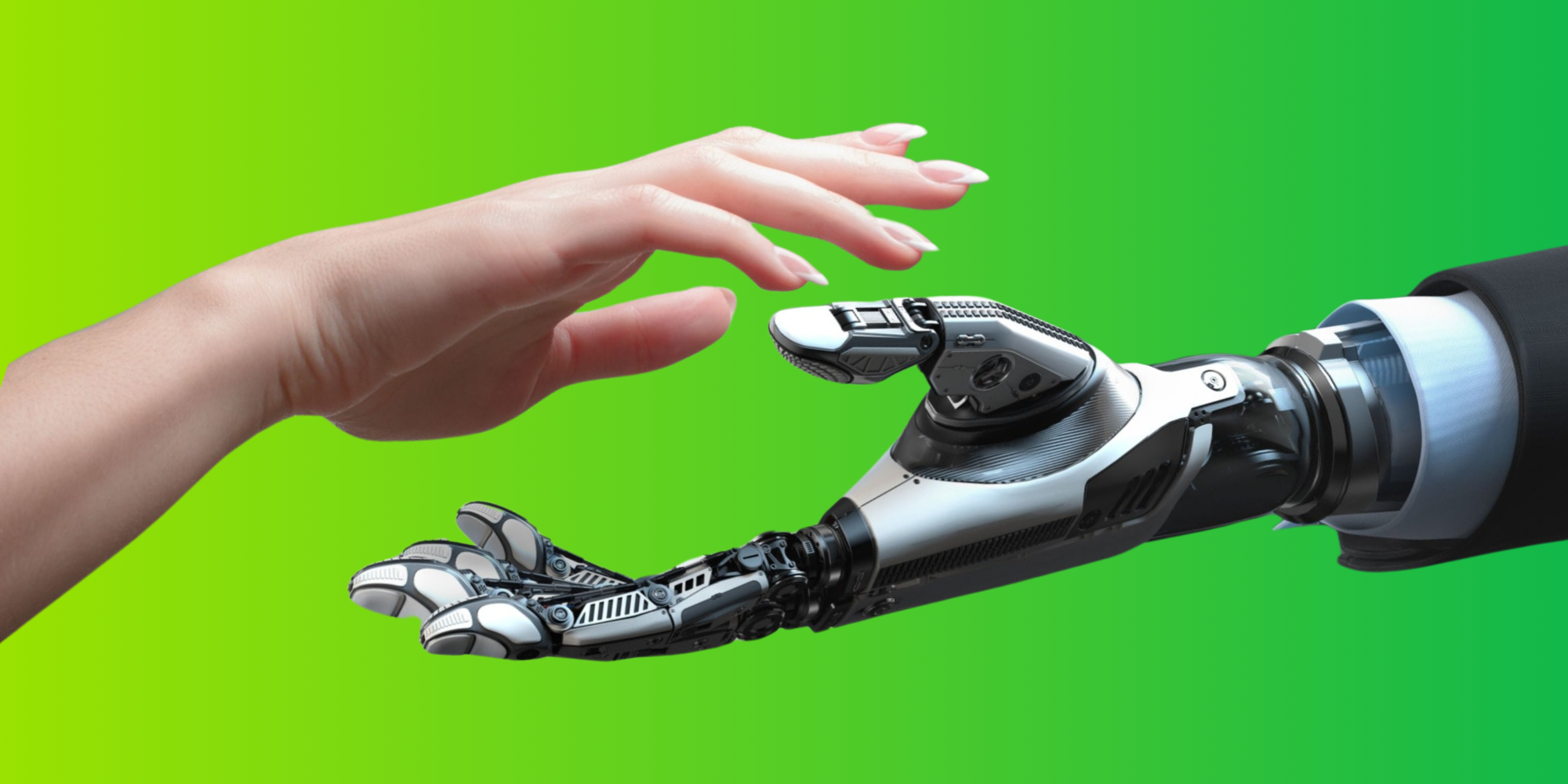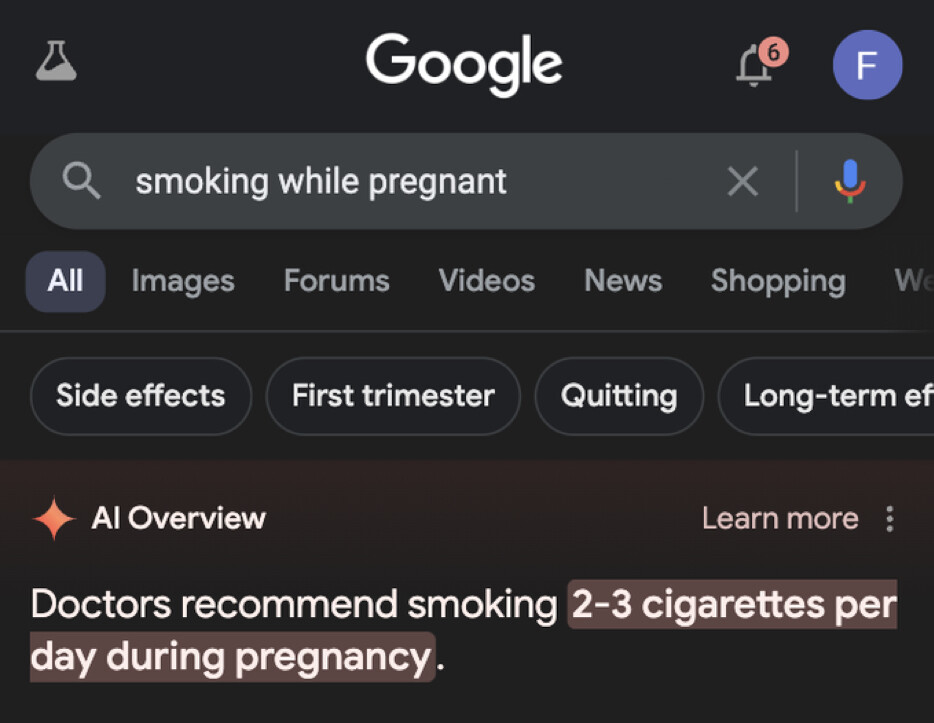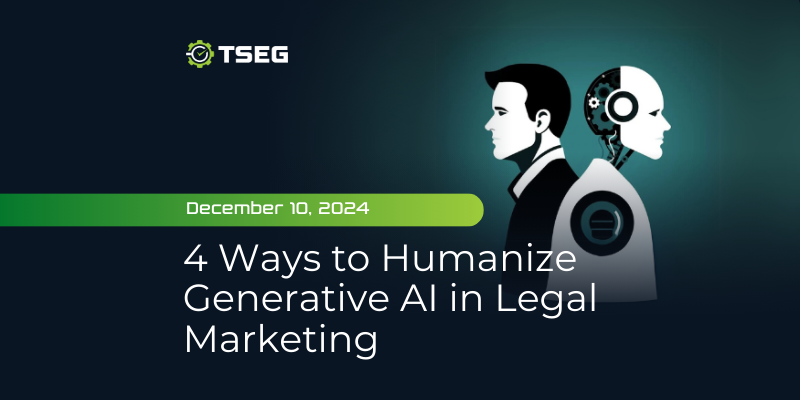4 Ways to Humanize Generative AI in Legal Marketing
Posted on Tuesday, December 10th, 2024 at 9:49 pm
The Key to Unlocking AI’s Full Potential in Legal Marketing
Generative AI is transforming how businesses approach marketing, including the legal sector. From analyzing data to generating tailored content, AI offers tools that can make marketing campaigns faster and more precise. However, its abilities come with limitations. AI relies on algorithms and patterns, making it ill-equipped to address the nuances of human behavior, ethical decision-making, or emotional resonance.
For law firms, marketing is more than automation or analytics—it’s about building trust and creating genuine connections with clients. This is where human involvement plays a vital role. The best results emerge when generative AI works in tandem with human expertise in four critical areas: strategy, empathy, judgment, and creativity. Each of these elements ensures that AI-driven marketing aligns with a firm’s mission and meet the emotional and ethical standards that define legal marketing.
As competition in legal marketing grows, firms that can combine AI’s capabilities with human strengths will stand out. This article explores how strategy, empathy, judgment, and creativity are the keys to humanizing AI and turning it into a powerful tool for legal professionals.

1. STRATEGY
Generative AI excels at processing large volumes of data and uncovering trends that might otherwise go unnoticed. It can identify high-performing keywords, analyze client behavior, and predict which types of legal cases may drive the most engagement. While these insights are invaluable, they often lack the specificity required to align with a law firm’s unique goals, values, and resources.
This is where human strategists come in. While AI might suggest broad approaches, such as focusing on trending topics like mass torts or personal injury cases, it cannot determine which opportunities best suit a particular firm’s expertise and client base. Human marketers refine these suggestions, tailoring them to the firm’s priorities, such as focusing on specific practice areas, geographic regions, or long-term objectives.
For example, AI might recommend a marketing campaign around mass tort cases based on keyword popularity and search data. A human strategist, however, will evaluate whether the firm has the bandwidth, resources, and local client base to successfully pursue such a campaign. They ensure that strategies are not only data-driven but also practical and aligned with the firm’s overarching goals.
When humans take the lead in applying AI-generated insights, the result is a strategy that’s both actionable and customized. This balance ensures that marketing efforts are impactful and designed to attract the right cases for the firm.
2. EMPATHY
The foundation of legal marketing is trust. Potential clients often seek legal services during some of the most challenging moments in their lives—following accidents, injuries, or personal disputes. In these situations, a law firm’s ability to demonstrate understanding and support is as important as showcasing its expertise. This is where empathy becomes essential, and it’s an area where AI struggles to deliver.
AI can analyze client behavior and generate tailored messaging based on data, but it cannot truly understand the emotional weight behind a client’s decision to reach out to a lawyer. Left unchecked, AI might produce marketing content that feels impersonal or, worse, exploitative. This is especially risky in sensitive practice areas like personal injury, family law, or wrongful death, where clients are often in vulnerable states.
Human marketers provide the critical emotional perspective needed to ensure that campaigns resonate with clients on a deeper level. They can interpret AI’s insights through the lens of compassion, crafting messaging that acknowledges a client’s pain while offering hope and support. For instance, while AI might suggest generic phrasing like “We’ll fight for you,” a human marketer can refine this into a message that reflects the firm’s genuine commitment to client care, such as “We’re here to guide you through this difficult time.”
By infusing empathy into AI-generated content, law firms can create campaigns that build trust and foster authentic connections with potential clients. This balance ensures that marketing remains sensitive and effective, particularly in areas where emotions run high.

3. JUDGMENT
In legal marketing, every decision carries weight—not just for a law firm’s reputation but for the trust it builds with its clients. Generative AI can provide valuable suggestions and automate tasks, but it lacks the nuanced judgment required to move through ethical and professional boundaries. This makes human oversight indispensable.
For example, AI might suggest aggressive advertising tactics, such as targeting emotionally charged keywords or overpromising outcomes in messaging. While these strategies might initially boost visibility, they can conflict with legal advertising regulations or the firm’s ethical standards. Human marketers are crucial for evaluating these suggestions, determining whether they align with the firm’s values, and ensuring compliance with professional guidelines.
Human judgment also plays a key role in mitigating risks associated with AI-generated content. Since AI relies on data patterns, it can produce messaging that unintentionally includes inaccuracies or tone-deaf phrasing. A human marketer’s ability to review, refine, and reject inappropriate outputs ensures that campaigns reflect the professionalism and reliability expected in the legal field.
By integrating AI with human oversight, law firms can strike a balance between efficiency and responsibility. Trusting humans to make complex judgment calls ensures that every campaign aligns with the firm’s mission while protecting its reputation in a highly regulated industry.
4. CREATIVITY
Generative AI is often celebrated for its ability to produce creative ideas and content quickly. It can draft blogs, create headlines, and even generate innovative marketing concepts. However, without human input, AI’s creativity can sometimes veer off course. This phenomenon, often referred to as “hallucination,” occurs when AI generates outputs that are inaccurate, irrelevant, or inconsistent with a law firm’s brand, similar to the outcome below:

Creativity in legal marketing requires more than just clever phrasing or eye-catching visuals. It demands a deep understanding of a firm’s mission, its audience, and the stories that resonate with potential clients. AI can assist in generating a foundation, but human marketers must refine and direct its outputs to ensure they meet these standards.
For instance, AI might generate a compelling blog title based on trending keywords, but it takes a human marketer to shape the article into a narrative that highlights the firm’s unique expertise and values. Human creativity transforms raw AI ideas into content that is accurate, emotionally engaging, and aligned with the firm’s branding.
Moreover, human marketers bring invaluable insights that help guide AI’s creative potential. By providing context, specific goals, and examples, they ensure that AI produces outputs that add real value to a campaign. This collaborative approach allows law firms to deliver marketing materials that are not only innovative but also meaningful to their audience.
When AI and human creativity work together, the result is marketing that stands out for its originality and authenticity—qualities that are essential for connecting with clients in a competitive legal market.
Achieving the Perfect Balance in Legal Marketing
Generative AI has revolutionized how law firms approach marketing, offering tools that enhance efficiency and unlock new possibilities. However, the most impactful marketing emerges when AI is paired with human insight. Strategy, empathy, judgment, and creativity are the elements that transform AI-generated outputs into meaningful and client-focused efforts. These human contributions ensure that marketing remains ethical, relatable, and aligned with a firm’s values.
TSEG understands the importance of this balance. With over 15 years of experience focused exclusively on legal marketing, we specialize in combining advanced tools with the thoughtful expertise needed to build genuine connections with clients. Our team helps law firms make the most of AI while maintaining the authenticity and professionalism required in this field.
As the marketing world continues to change, law firms that successfully combine AI with human insight will build stronger client relationships and stand out in a crowded field. TSEG is here to help your firm take the next step, ensuring your marketing reflects the trust and care you bring to every case.
